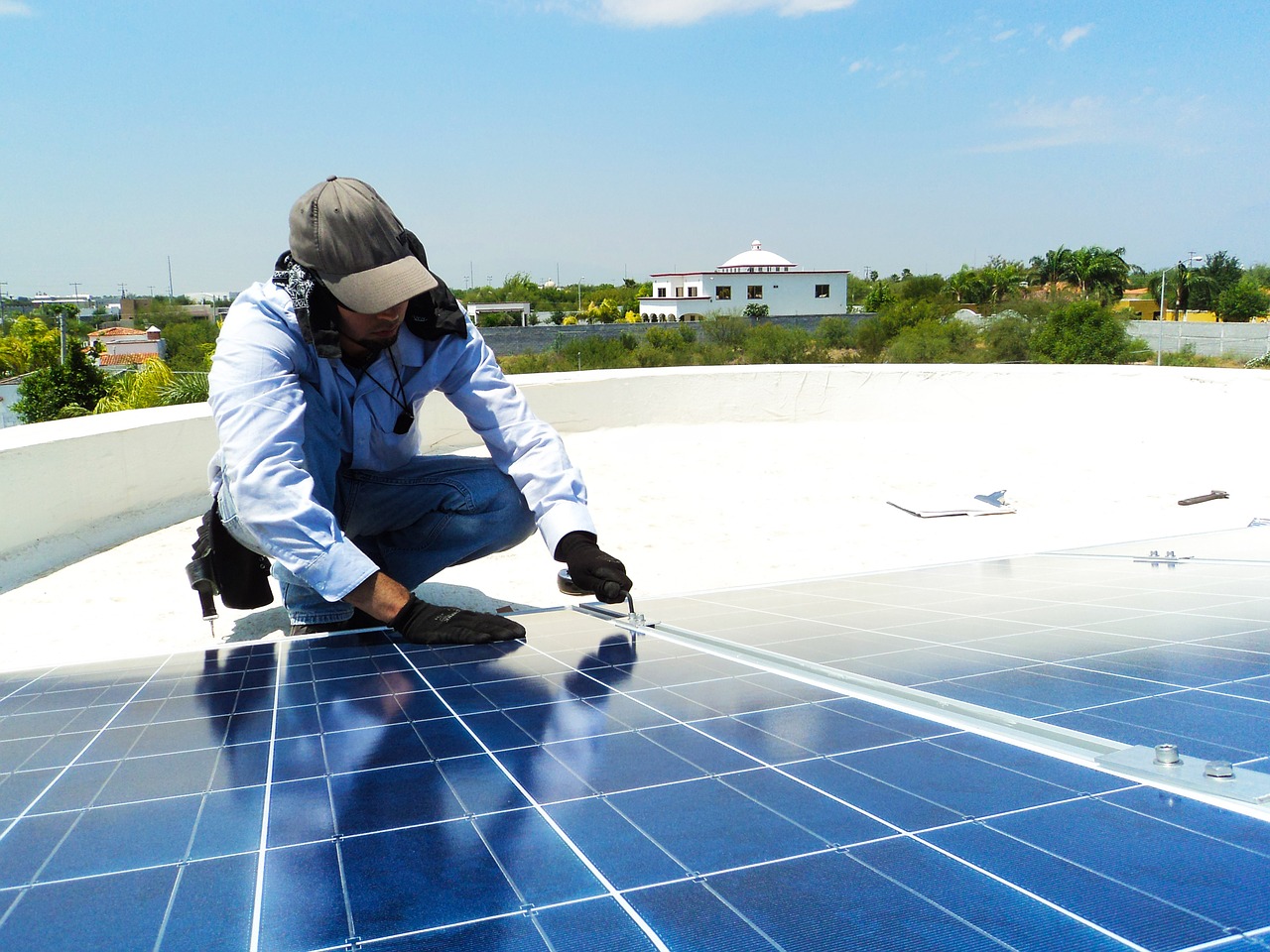Permits and inspections may sound like dull bureaucratic inconveniences, but both are important steps in the journey to becoming a fully-fledged solar consumer. These processes allow municipal bodies and utilities companies to determine that your solar system is safe, functional and up to code. At YSG Solar we factor in these processes when we’re plotting your solar journey, so you won’t have to worry about the logistical issues of contacting the necessary bodies to obtain permits, or schedule the inspections. Nonetheless, it’s always a positive to have total transparency, so let’s take a little look at what exactly is involved in the permitting and inspection stages. It is important to note, however, that the permits and inspections required vary on a project-by-project basis, dependent on the size of your system, the type of installation, and your location.
Permits
Installation involves both electrical and construction work, in addition to the solar-specific aspects of the process. The three types of permits that will generally, but not necessarily always, be required for a solar installation are: an electrical permit, a building/structural permit, and a dedicated solar photovoltaic permit. These cover all your bases, but not all three will be needed for every project.
As mentioned earlier on, your location plays a huge role in determining which permits are necessary for your solar installation. These can vary by both town and state, as well as the specific location of your property within the town. Even two properties in the same municipal jurisdiction may require different permits owing to the specifics of the individual properties.
The size of the solar system also plays a role in determining which permits are required. Generally speaking, a bigger system will require more permits than a smaller one. Following this general trend, it’s probably fair to say that, in most cases, a commercial solar system will require more permits for installation than a residential system. In addition, the permit requirements for a conventional rooftop solar installation may vary from those of a ground-mounted solar installation.
Inspections
The final steps in your solar journey, after you’ve acquired permits and the installation has taken place, involve one or more inspections to determine that your brand new solar system is up to code and ready to generate some power. As with the permitting stage, a number of variables will determine which inspections are required. Inspections usually come in the form of an electrical inspection, building inspection, and utilities inspection - but not all of these inspections will necessarily apply to every system.
These inspections are pretty self-explanatory - the building inspection concerns the structural side of things and the electrical inspection determines whether or not the system is compatible with the connections on your property, and both concern safety, of course. The utilities inspection, though not always required by each utility company, is a sort of final check before solar interconnection. Once this has occurred, you will receive PTO - permission to operate - which allows you to finally turn the system on.
If you’re interested in going solar, and you want a turnkey project where you don’t have to worry about these bureaucratic details, look no further than YSG Solar. Contact YSG today or call the office at 212.389.9215 to learn more.
Follow YSG Solar on Twitter, Instagram + Facebook.
By Shane Croghan
Sources:
https://news.energysage.com/solar-permitting-inspections-an-overview/

